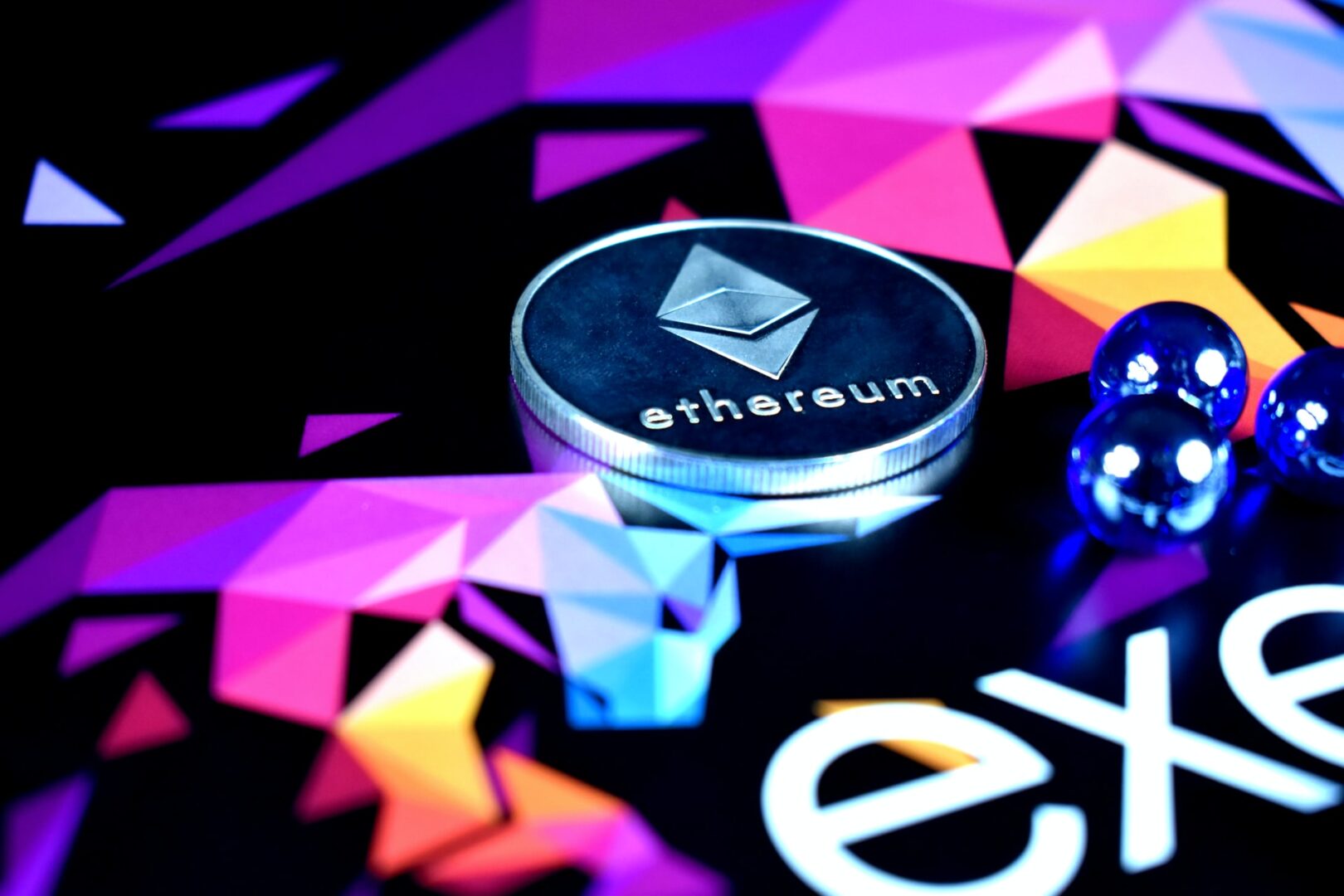[nectar_dropcap color=”#0B5A99″]I [/nectar_dropcap]n today’s digital world, personal data is gold. It fuels commerce around the world, telling companies what you look at online, where you live, what your interests are. It can make your experience with brands more personal, showing you products and services that are interesting to you. But it’s not all rosy. Data misuse can be intrusive, manipulating and downright annoying. At worse, your data can be stolen, getting in the hands of the wrong people for the wrong means. With over 2.5 billion Gb of online data created every day, policing and managing data has become hugely important. Not just from an ethical standpoint, but a legal one too.
Today, attitudes and laws toward data ownership and consent are changing. As they do, brands and advertisers are working to adapt, with some creating innovative new ways to put the consumer back in control. We take a look at this and explore how blockchain technology can help.

The data big bang
A recent paper by IBM reports that we create 2.5 billion Gb of data every day. This explosion of data is set to grow exponentially, with new devices and the internet of things generating hoards of new data every second. To put things into perspective, it’s estimated that 90% of all data in the world has been created in just the last two years.
Personal data is driving the digitisation of products and services, but customers often feel left in the dark about how it’s used. A 2018 Which? survey confirms this, with 81% of respondents claiming they’re unaware if their data is sold to third parties. Recent headlines haven’t helped, with major tech companies like Facebook and Google coming under scrutiny for how they manage the data that powers their multi-billion-dollar corporations.

Breaches and cream
Data breaches, the most serious issue concerning personal data, have become increasingly common in recent years. In 2018 alone, giants like FIFA, Uber and British Airways have all suffered from them. This is ordinarily damaging, but more so since the introduction of GDPR. Businesses now have new rules for collecting and treating EU citizens’ data. They must also report any data breach within 72 hours, or risk a fine of up to 4 percent of annual revenues. For the likes of Facebook with its security breach in September 2018, this could mean a bill of $1.63 billion (£1.25 billion).
In the run up to GDPR, this meant some companies scrambling to get consumer consent. Two in particular were criticised for how they did it. AdRoll, a company which helps businesses retarget customers when they leave their site, placed an “accept and close” button where users normally close a window. To top out of AdRoll’s tracking, users need to click a link buried in the fine print. Similarly, Criteo served a message that opts users into the firm’s tracking once they click any link on the page. Its opt-out option is also buried within the message.
Consumers are coming for their data
This approach has been called out for being deceptive and against GDPR regulations. These state that consent must be “freely given, specific, informed and unambiguous.” Dave Morgan, CEO of TV ad-targeting company Simulmedia, thinks things are set to change. As browsers start policing ad tracking, he believes more users will refuse to hand over their data to ad companies, and aggressive ad targeting will become harder to execute. He also argues that the methods of some companies to obtain consent holds back digital advertising. “This is the kind of stuff that undermines the industry’s trustworthiness with both advertisers and users.”
Elizabeth Denham, UK information commissioner, says the likes of GDPR should be seen as an opportunity for companies, rather than a hindrance. “I believe there is a real opportunity for organisations to build trust with consumers. By demonstrating a respect for their privacy, they can build trust and play a real role in consumer choice.”
Data for crypto
So the future of data collection is changing. GDPR will crack down on companies collecting and using personal data. But where does this leave the consumer? Well, in a better place — most likely.
Media company Allison & Partners argue that for over a century, advertisers and marketers have dictated the terms of the brand-consumer relationship. But today’s consumer is taking back control. From ad skipping on smart TVs to ad blocking on the net, consumers bypass traditional mediums of exchange and force advertisers to work harder. What results is a transformation in relationship to one that’s based on consent, respect and relevance. In the advertising space, this means putting consumers in control of what they see and buy. In return, brands can forge closer, more trusting relationships with their customers.
One way to do this successfully is adopting new technologies like blockchain. By creating an ecosystem where transactions are transparent to everyone on the network, previously side-lined parties, like the consumer, are bought to the fore. “You’re bringing disparate voices into one place to make one decision, and that’s huge,” said Alanna Gombert, CRO at blockchain-based ad firm MetaX. “You can bring in companies and put them at the same level as consumers, using a token as a utility to communicate.”
As an example, Neil Sweener, founder and CEO of Killi, has built an app that lets consumers share personal data like email addresses, location and mobile identifiers with data buyers in exchange for cryptocurrency. The app, which debuted in June, is approaching 100,000 users, and has attracted brands like GM and McDonald’s. Similarly, Wibson offers its users cryptocurrency in exchange for deciding to share certain types of data with data buyers, whether it’s from social media accounts or from bank accounts.
Another company, BitClave, aims to create a blockchain-based decentralized search engine to compete with Google. Like other search engines, Bitclave will collect detailed demographic profiles on each of its visitors. But instead of then offering that information to advertisers, it would allow the users to sell it themselves for cryptocurrency.
Reinventing Digital Advertising
In the case of digital advertising, blockchain has the power to completely reinvent the industry. As well as empowering the consumer for the first time, it creates an environment where everyone– the consumer, the advertiser and the publisher is treated fairly. It puts data back in the hands of the data owner, allowing them to maintain sovereignty over their information by sharing this anonymously with advertisers.
Data is shared securely and openly so campaigns can be audited and remunerated accurately. And because consumers can be rewarded for viewing ads, they provide their data consensually, giving advertisers and publishers richer insights into their preferences and buying habits.
To find out how we’re empowering consumers and using personal data for good, take a look at our website and sign up to our growing community.









